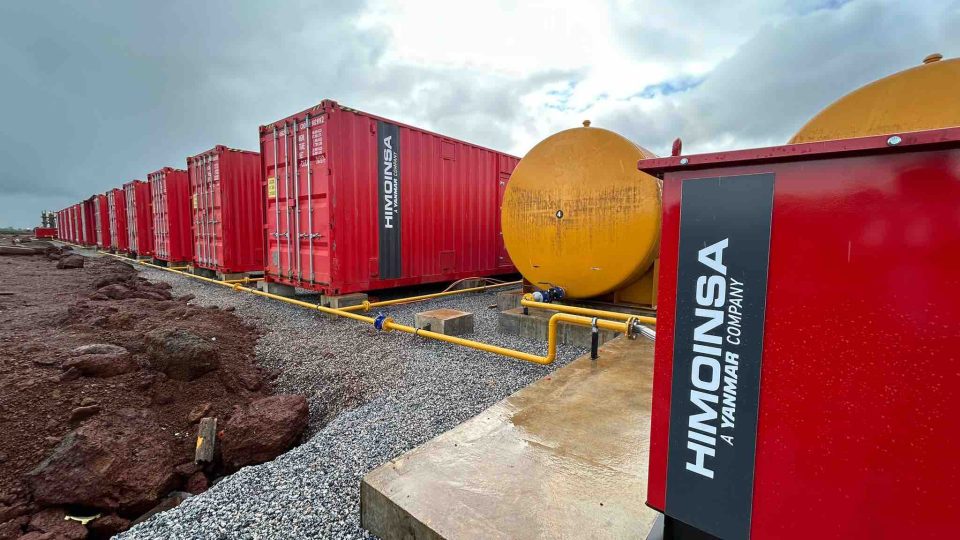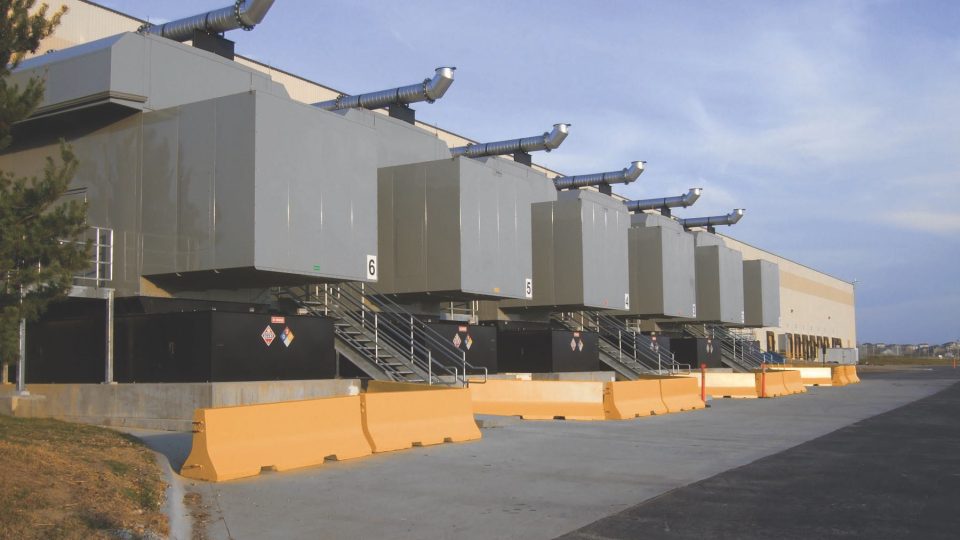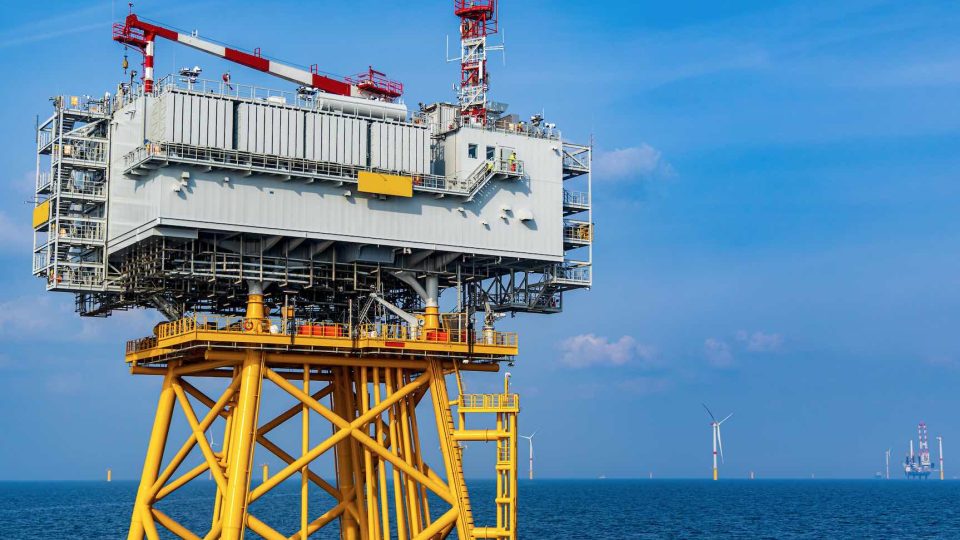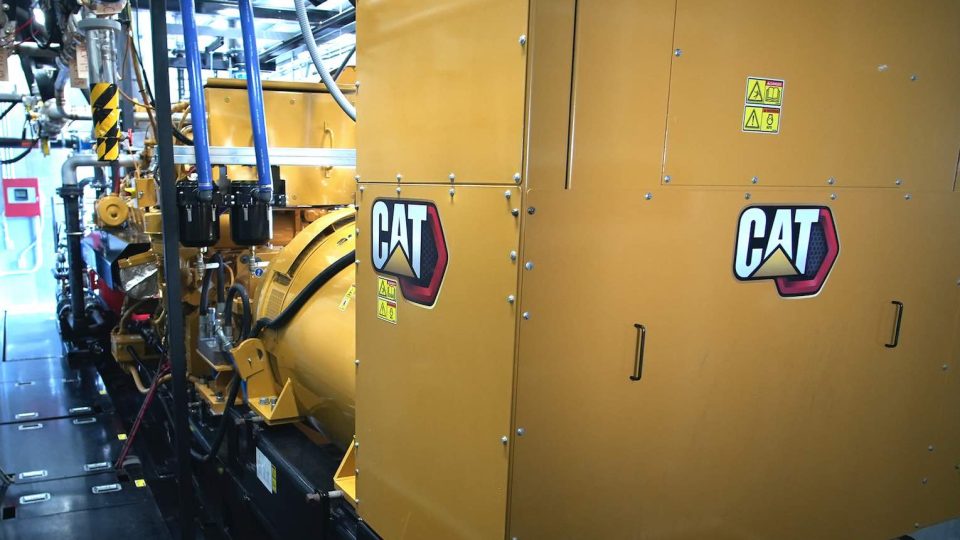Rolls-Royce and AVK provide emergency power in the UK
Rolls-Royce has delivered 200 mtu emergency generators to AVK, UK’s leading provider of critical power solutions, in just three years. AVK has already provided more than 3.5 gigawatts of power to data centers, the financial, telecommunications and healthcare industries in the UK and Ireland.
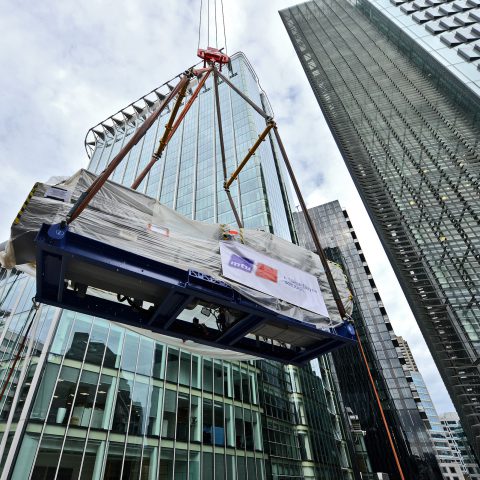
Rolls-Royce has delivered 200 mtu emergency generators to AVK, UK’s leading provider of critical power solutions, in just three years. AVK has already installed and commissioned the majority across Europe, and in total has already provided more than 3.5 gigawatts of power to data centers, the financial, telecommunications and healthcare industries in the UK and Ireland. AVK is now the largest supplier of emergency power solutions to data centers and the financial sector in the UK, and since signing the exclusive agreement with the Rolls-Royce business unit Power Systems, has been using only mtu brand emergency gensets.
AVK Managing Director Chris Pritchard said: “Data is now the ‘fourth utility’ required by all. I believe we are still at the bottom of the growth curve. I can’t see an end to it.” Business experts now consider telecommunications infrastructure as important as electricity, water, and HVAC (heating, ventilation, and air conditioning) systems. According to Grand View Research, the European colocation data center market is expected to grow at a compound annual growth rate of 13.1 percent from 2021 to 2028. The most important European markets for data centers are Frankfurt, London, Amsterdam, and Paris, where demand is highest.
UK’s largest technology companies rely on AVK and Rolls-Royce
AVK provides, installs and maintains – over their entire service life – turnkey emergency power systems based on Series 2000 and 4000 mtu diesel systems ranging from 825 to 4,000 KVA tailored to customer needs. The task of a data center is to guarantee stored data with one hundred percent availability at all times, even if the mains power supply fails. Chris Pritchard added: “AVK has been using mtu engines for emergency power systems for over 20 years. The outstanding product features combined with individual customer support are key to why the industry is increasingly relying on solutions from AVK and Rolls-Royce.” Current projects include (among others) the flagship data center campus for a Dublin-based Hyperscale digital operator, a number of high-profile enterprise data centers across the UK and Europe, and several major high-rise London-based commercial developments.
Fuel cells and sustainable fuels for Net Zero emergency power solutions
Tobias Ostermaier, President of the Stationary Power Solutions business unit at Rolls-Royce Power Systems, explained: “Over the past two decades, Rolls-Royce and AVK have grown together to form a strong team as a solution provider. AVK, as the leading provider of emergency power solutions, and Rolls-Royce, as one of the three largest suppliers of emergency power systems for data centers worldwide, will together continue to serve the growing demand with a proven portfolio as well as sustainable solutions.”
Sustainability already plays a major role for data center operators. As a result, interest in alternative fuels has grown and AVK is increasingly providing support and guidance on switching from using diesel to HVO (Hydrotreated Vegetable Oil). mtu Powergen engines from Rolls-Royce can be used unchanged for sustainable EN15940 fuels, such as HVO; no engine hardware or software modifications are required with the same performance. Using HVO can significantly reduce CO2, nitrogen oxide and particulate emissions.
Rolls-Royce is also currently developing its mtu gas engine portfolio for power generation so that the engines can run on hydrogen fuel in future, enabling a Net Zero energy supply. The company is also launching complete mtu hydrogen fuel cell solutions, that emit nothing but water vapor from 2025. This will enable CO2-free generation of emergency power for data centers and many other critical applications.






